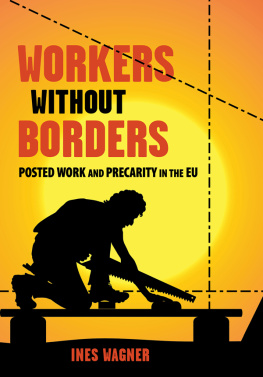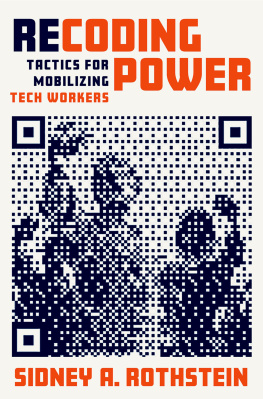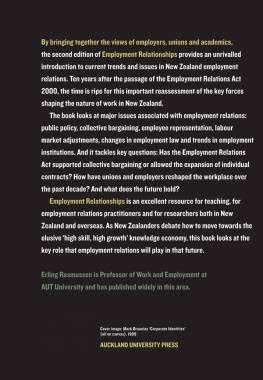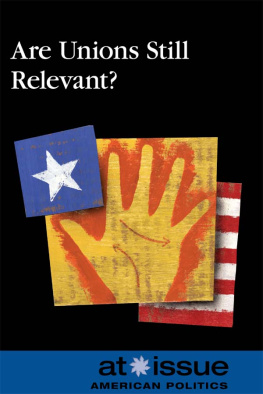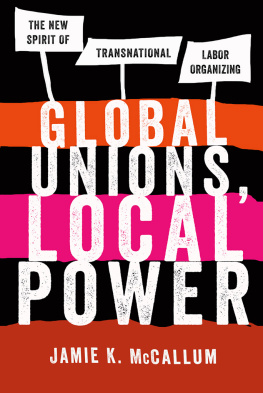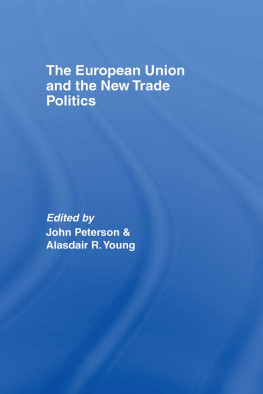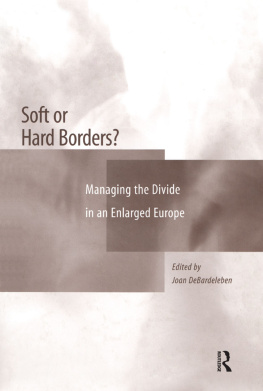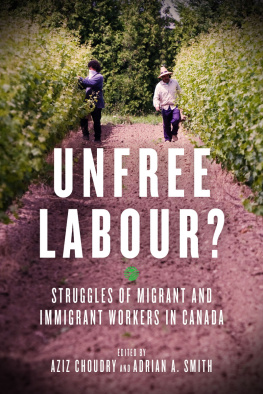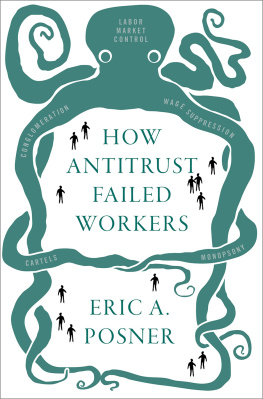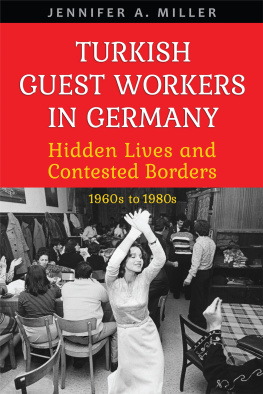ACKNOWLEDGMENTS
First and foremost, I am deeply grateful to the people who allowed me access to their mobility experiences for this book. Without them, this work would obviously not have been possible. Your stories and hospitality will stay with me. Second, I would like to extend my thanks to the various trade unions and works councilors who allowed me to accompany them on housing site visits and helped me set up the fieldwork, as well as the interpreters, translators, and transcribers who aided me in the development of the interviews.
It has been a pleasure to do the research for this book as part of the European Research Council project Transnational Work and the Evolution of Sovereignty (#263782) with Nathan Lillie as PI. Thanks are due specifically to Nathan Lillie, Lisa Berntsen, Sonila Danaj, Erka aro, Laura Mankki, and Markku Sippola. My deep appreciation also goes out to Sjoerd Beugelsdijk and the Global Economics and Management Department at the University of Groningen, as well as to Marja Kernen and the Political Science Department at the University of Jyvskyl. I had the pleasure of presenting various aspects of this work to many groups, and I am grateful for the invitations to do so. Thank you also to the many people who discussed various aspects of this work at conferences, reviewed my submissions to journals, or offered feedback on works in process. In particular, thank you to Gabriella Alberti, Magdalena Bernaciak, Andreas Bieler, Ian Bruff, Brian Burgoon, Jan Cremers, Virginia Doellgast, Jan Drahokoupil, Matthias Ebenau, Roland Erne, Ian Greer, Anke Hassel, Marco Hauptmeier, Mijke Houwerzijl, Gregory Jackson, Niilo Kauppi, Jette Steen Knudsen, Miriam Kullmann, Katja Mkinen, Stefania Marino, Christian May, Andreas Nlke, Marko Nousiainen, Maite Tapia, and Bettina Wagner as well as various anonymous reviewers.
Apart from the university and project support already mentioned, the Max-Planck Institute for the Study of Societies in Cologne and the Wirtschafts und Sozialwissenschaftliches Institute hosted me during my fieldwork periods in Germany. Discussions with Martin Hpner, Armin Schfer, Martin Seeliger, Benjamin Werner, Karin Schulze-Buschoff, Jutta Hhne, Martin Behrens, and Thorsten Schulten helped me think through the research design and interpretation of findings.
A conversation with Tanja Brzel several years ago planted the idea for this book. I am deeply grateful for her support as part of the mentoring program of the Ruhr University Alliance and for the valuable advice she gave me throughout our various meetings. I worked on parts of this book manuscript while I was a visiting scholar at the European University Institute in Florence. Rainer Baubck, Doro Bohle, Claire Kilpatrick, and Sandra Engelbrecht were helpful in figuring out what was particularly interesting in my research. I am grateful for the discussions with Karen Jaehrling, Claudia Weinkopf, Gerhard Bosch, Karen Shire, Sigrid Quack, and Glaucia Peres da Silva during my work at the University of Duisburg-Essen. Moreover, I am grateful to the Institute for Social Research in Oslo and the Norwegian Research Council grant (#257603/H20) for supporting the final stages of the writing process. Fran Benson of Cornell University Press gave much valued support during the publication process, and the copyediting of Liz Schueler and production work of Karen Hwa significantly improved the text.
Several chapters in this book draw on previously published material: chapter 3, Ines Wagner, Rule Enactment in a Pan-European Labour Market: Transnational Posted Work in the German Construction Sector, British Journal of Industrial Relations 53 (4): 692710, John Wiley & Sons Ltd/London School of Economics 2014; chapter 4, EU Posted Work and Transnational Action in the German Meat Industry, Transfer: European Review of Labour and Research 21 (2): 20113; and chapter 5, Ines Wagner, The Political Economy of Borders in a Borderless European Labour Market, Journal of Common Market Studies 53 (6): 137085.
Finally, I thank my family and friends for their never-ending encouragement and belief in me. You are too many to list, but I want to mention Uri, my father, and my sister, Tanja, as well as Philip, Elsemieke, Jan, Daan, Anne, Sol, Lev, Hugo, Sam, Nan, Claudia, and Alex. Tim, my deepest gratitude goes to you, for always being there, for patiently listening to my endless thoughts about posted work, for waiting up late at night with a warm cup of tea after my long fieldwork trips, for critically reading my drafts, and for supporting me in every possible way. Most of all, thank you for the wondrous life outside academia, which is full of love and laughter. The research and writing of this book were interrupted twice. My mother sadly died when I started the research for this book. As a child of immigrants from Eastern Europe, she influenced my thinking on what home, mobility, and belonging mean in our society. The second, and this time pleasant, interruption to the writing process was the birth of our daughter, Lore, who is my greatest inspiration. This book is dedicated to the three of you.

